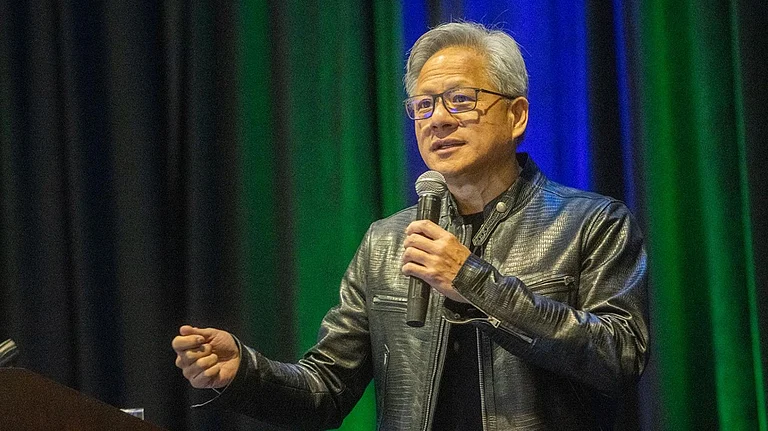Microsoft and Amazon back GAIN AI Act to limit Nvidia China exports
Bill requires export licensees to certify US demand before overseas shipments
Hyperscalers seek preferential chip access; Nvidia warns of market distortion
Amazon Joins Microsoft to Push AI Bill That Puts Nvidia on the Back Foot in China Export Fight
Amazon and Microsoft have come out in support of the GAIN AI Act, legislation that could further limit Nvidia’s ability to export advanced AI chips to China
Amazon is joining Microsoft in supporting legislation that could further restrict Nvidia’s ability to export to China, a rare public split between the chipmaker and two of its largest customers, WSJ reported.
The decision by Microsoft and Amazon to oppose a company they rely on so heavily underscores the intense competition shaping the AI race. Each firm is pushing for policy outcomes that give it an edge over rivals.
Meanwhile, Nvidia is lobbying to retain access to the highly lucrative Chinese market despite mounting security concerns.
What the Bill Would Do?
The Guaranteeing Access and Innovation for National Artificial Intelligence (GAIN AI) Act would require firms seeking export licences for advanced AI processors to certify that US demand is satisfied before shipments go to countries of concern, such as China.
The measure is being floated as an amendment to the annual National Defense Authorization Act and has bipartisan sponsors and backers in Congress. In addition to Microsoft and Amazon, AI start-up Anthropic has signalled support, while other big tech firms including Meta and Google have not publicly taken positions.
Why Do Hyperscalers Want It?
Supporters say the law would protect US supply chains and give cloud operators preferential access to scarce advanced chips at their global data centres, a practical advantage after months of tight supply.
Nvidia and other semiconductor firms warn the bill could stifle global competition for chips, distort markets and invite more onerous export controls that harm industry innovation. Nvidia has lobbied intensively in Washington and publicly cautioned that restrictive export rules could reduce global computing capacity available to researchers and customers.
Political Dynamics & Timing
Senators including Jim Banks and Elizabeth Warren have backed versions of the proposal in the Senate, and lawmakers are weighing whether to fold it into the NDAA, which must pass before year-end.
The bill has attracted bipartisan interest but still needs key committee approvals and reconciling among House and Senate negotiators. Some White House officials, including the administration’s AI policy advisers, have signalled scepticism, noting that the Commerce Department already oversees many export controls, a point raised in recent discussions with the bill’s sponsors.

